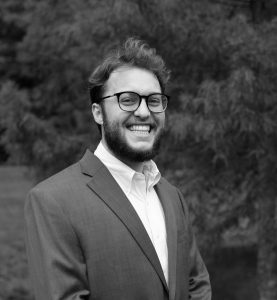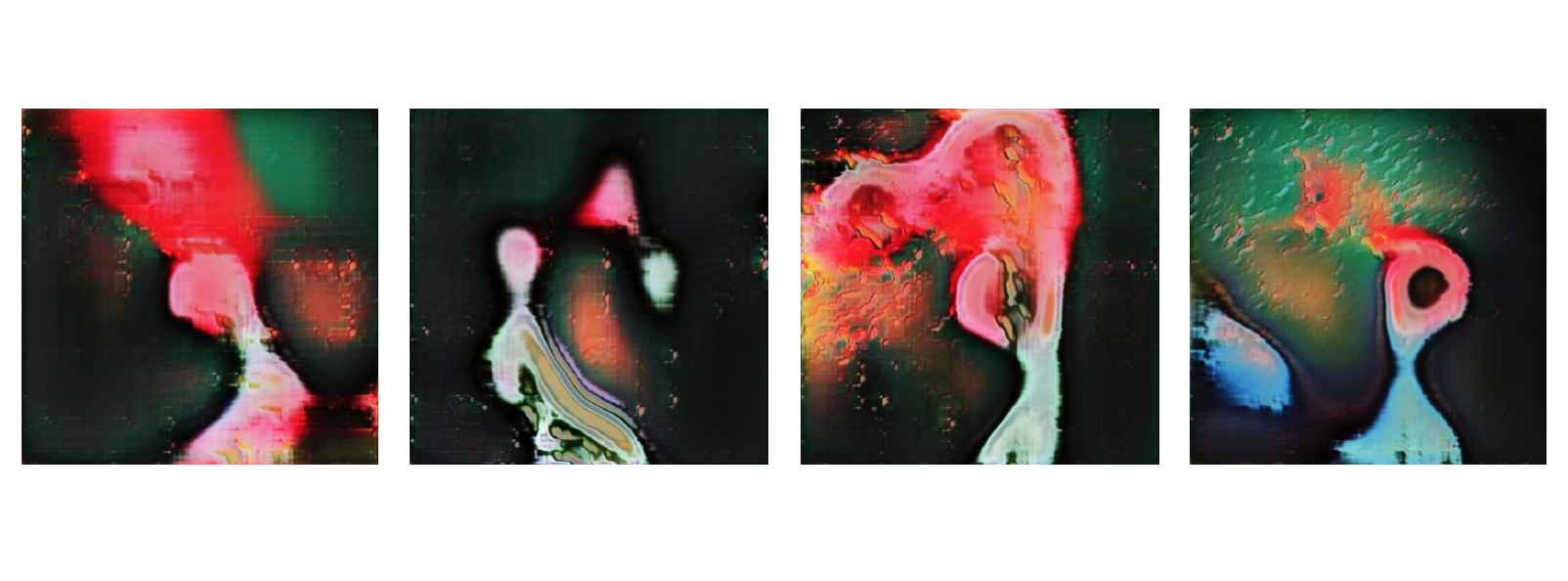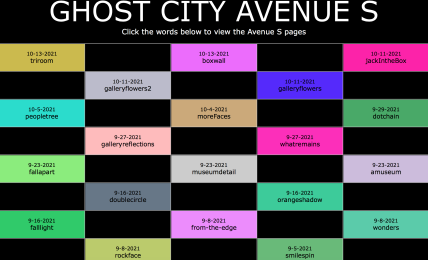In Spukhafte Fernwirkung (2019), Kailum Graves compacts the endless, challenging landscape of Iceland into a 36-minute time lapse video comprised of images (640×480) taken over a three year period. Beginning the process in Skagaströnd, before moving to more remote locations, Graves compiles and arranges thousands of images in order to convey the fading boundaries and interdependence of two spatio-temporally separated objects: the physical and digital worlds.
:::
More than ever before, the digital world has a significant impact on the physical. Where we once had mechanical typewriters, wooden chess boards, and kept physical ledgers of exchange, we now have smart homes, VR-headsets, and expansive data points applying to every person in the world. As the rapid transition to digital grows, so will this non-physical world’s influence over the physical: it alters our perception of time, our brain chemistry, and the relationships between everyone and everything.
Spukhafte Fernwirkung, translated as ‘spooky action at a distance,’ was a term used by Albert Einstein in a 1935 paper describing quantum entanglement: a phenomenon where the composition of two or more spatiotemporally separated particles are dependent on one another. The observer-effect theory stipulates the mere observation of a phenomenon can, and will change that phenomenon. Kailum uses these principles to explore the impact of digital observers on the fading physical boundaries between, and interdependence of, these two spatiotemporally separated worlds.
I view the work as a hybrid process between a (long durational) plein air painting and (post-capture) computer processing. The webcams are located perpetually outside, constantly capturing the landscape(s)—before I, in turn, captured their capturing of the digital terrain.
Through Kalium’s work, an observer can digitally experience not only the expansive physical landscape of Iceland, but also perceive years of time—a visual and temporal environment incredibly likely distant to the viewer.
Graves sourced the images from www.road.is, a website for monitoring road conditions in Iceland. The website has a broad influence on daily life in Iceland: beyond use by news outlets to report on traffic incidents, many citizens use this site to monitor and adjust their daily commute. Instead of focusing solely on the barren landscapes, as many visitors to Iceland do, Kailum shifted his focus to more urban areas with human interaction.
Technology began to truly impact our perception of time with the invention of the printing press by Johannes Gutenberg in 1440. No longer did we have to wait for news to travel via word of mouth, newspapers could be printed and promulgate daily, allowing people to stay current on the world around them.
I was interested in time, because time is (digitally-speaking) ignored, or viewed as a frustration—the time it once took a dial-up modem to connect to the Internet, or how long it takes to download something.
Since the invention of telegraphs, radios, computers, and eventually the Internet, humans now have the capacity to flatten both time and space. We now know almost immediately when something happens on the other end of the world, and have the agency to have an impact on it (or at least expect to). Even a three-year experience, and an entire country, can be compressed into a 36 minute video.
According to the observer-effect theory, the instruments we use to measure phenomena will invariably alter the state of the subject in some way. As the manner, scope, and amount of information we consume digitally is changing at an ever-increasing rate, how will this continue to impact our perception of reality?
Check out Spukhafte Fernwirkung and read a Q+A with the artist.
:::

Content Curator & Marketing Manager Truitt Dill is a senior at the University of Richmond, majoring in Philosophy, Politics, Economics, and Law with a minor in Entrepreneurship. Truitt has always had a passion for art and design and for expressing complex or abstract concepts through these mediums. Truitt works is an entrepreneur & marketer based out of Arlington, VA.



